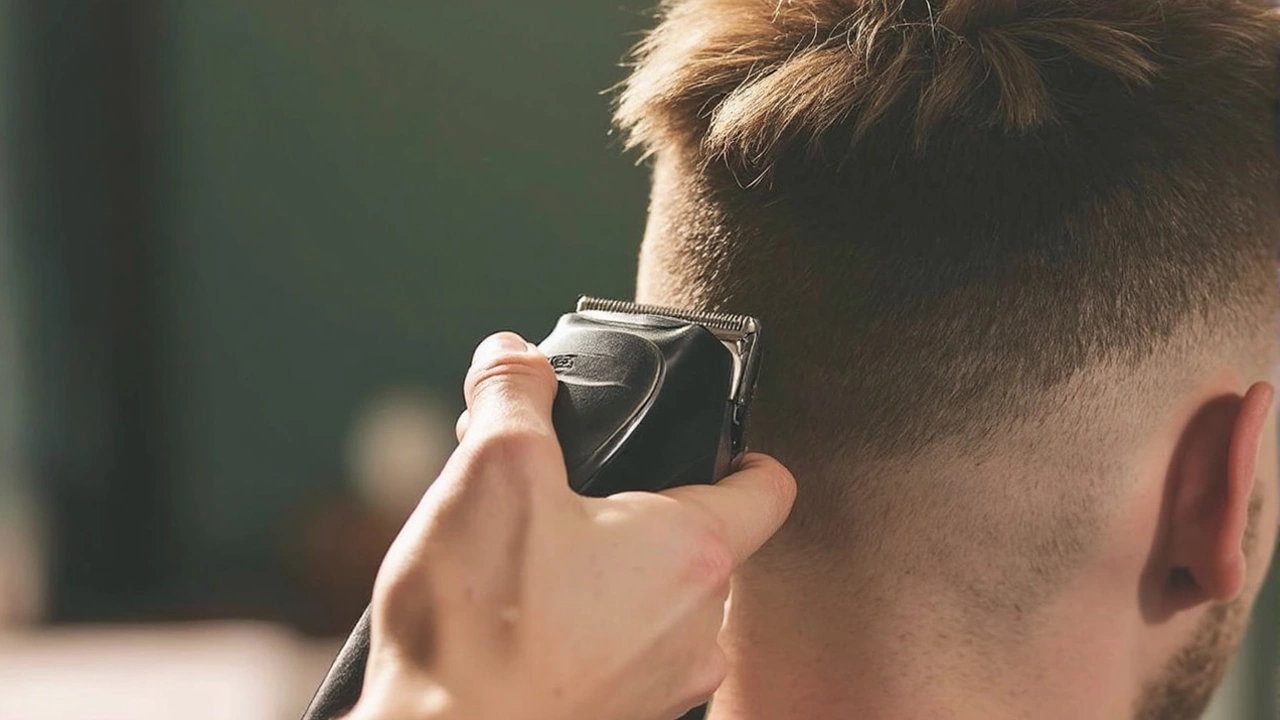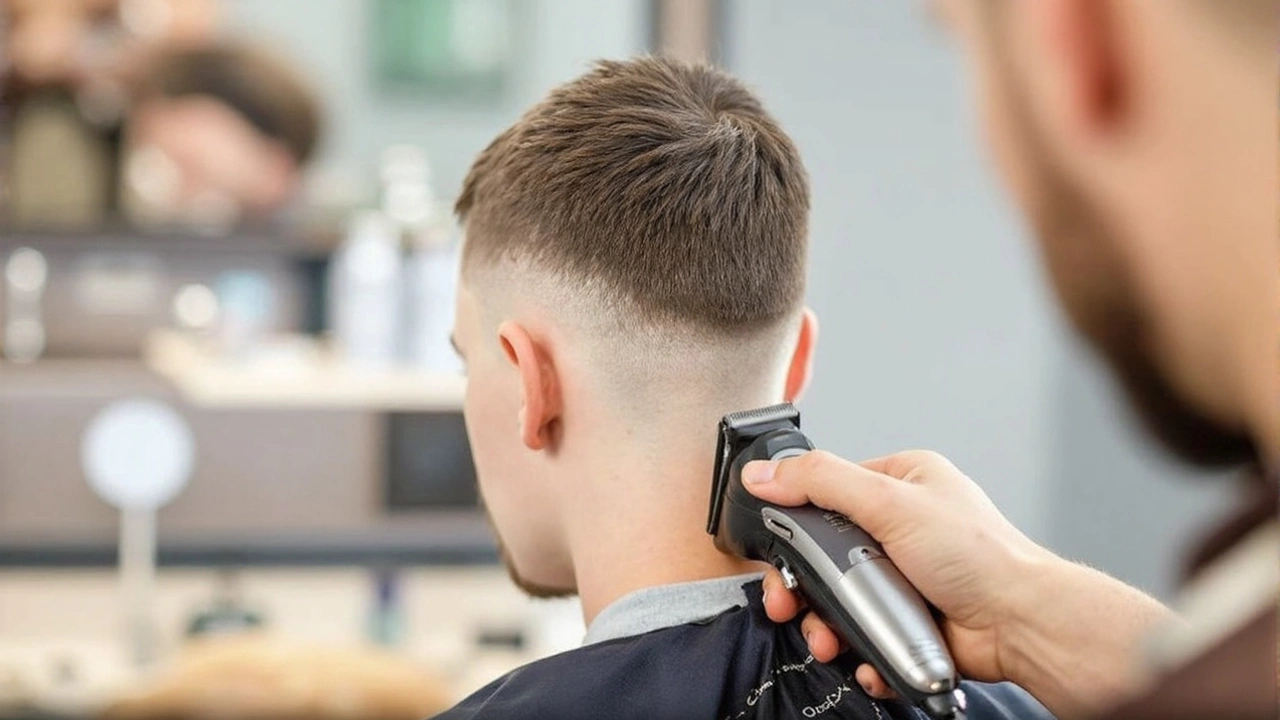Barber Shop Visits Now Linked to Ringworm Surge Across the UK
Going for a fresh haircut shouldn’t mean risking a nasty infection, but that’s the reality for a growing number of customers in the UK. Health officials are raising alarms after multiple people developed ringworm—a contagious, itchy rash—after sitting in the barber’s chair. What’s terrifying is how easily this fungal infection can hop from one person to another, all thanks to unsanitary barber equipment and sloppy cleaning routines.
One story stands out: a seven-year-old boy from Cudworth, South Yorkshire, ended up with crusty, painful patches on his scalp after a seemingly ordinary trip to the barber. His recovery wasn’t simple—a long course of antifungal tablets, checkups, and close monitoring took over his life. It didn’t stop there. His mother, Kelly Lee, says she developed her own infection after caring for him, and both face scars that will likely never disappear. These aren’t rare slip-ups anymore; doctors are seeing cases they call “the worst in years.”

Why Ringworm Is Spreading and Who’s in the Hot Seat
Ringworm is tricky. It’s not actually caused by a worm, but by tough little fungi called dermatophyte spores. They’re sneaky, surviving on shared combs, clippers, towels, and even capes. Once a surface is infected, the spores can linger for weeks or longer, just waiting for the next scalp or face to cling to. That’s exactly what’s been happening in barber shops—especially those where quick trims mean fast turnover but not always proper cleanup.
Many of the recent outbreaks have been traced to Turkish barbers, a fast-growing sector of the UK hair market. These shops are now under harsh scrutiny, with health inspectors warning that some have let basic sanitation slide. Medical professionals say the number and severity of infections linked to these businesses is alarming—some clients need months of hardcore antifungal drugs, regular blood work, and even special dermatology appointments to get rid of the fungus.
What’s making it worse? The industry isn’t heavily regulated. Unlike tattoo parlours or dentists, barbers aren’t subject to strict hygiene protocols. Calls are growing for tighter rules and licensing—think mandatory sterilization equipment, regular inspections, and penalties for unsafe shops. Right now, it’s mostly up to customers to spot the signs: freshly washed tools, disposable razors, clean towels. Spot something dodgy? Experts say don’t stay silent—report it to local authorities and pick another barber.
Ringworm might sound like an old-fashioned problem, but it’s hitting modern barbers hard. With sticky spores and slow results from treatments, people are left dealing with more than just a bad haircut. For now, the simplest advice: If your barber’s cleaning rituals look lazy, trust your instincts and keep that door swinging in the opposite direction.







Write a comment